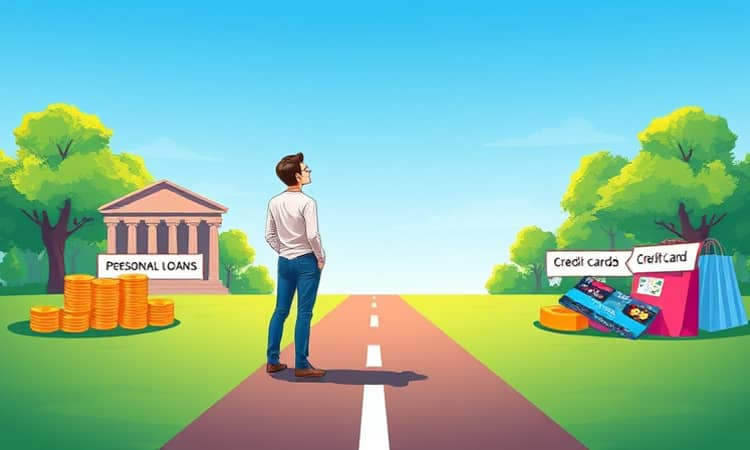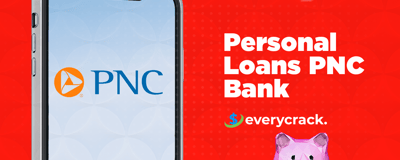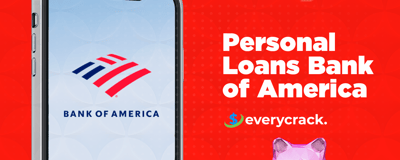Managing finances can often be a daunting task, especially when you encounter unexpected expenses or wish to make a significant purchase. Two popular financial products available to consumers are personal loans and credit cards, each offering unique features and benefits. Making the right choice between the two depends on your financial situation, spending habits, and individual needs.
In this article, we will explore what personal loans and credit cards are, weigh their pros and cons, and help you determine which option might be best for you. Understanding these financial tools will enable you to make informed decisions that align with your financial goals.
Let’s dive into the definitions and mechanics of personal loans and credit cards, followed by their respective advantages and disadvantages. Ultimately, this guide will offer clarity on which financial product might be more suitable for your circumstances.
What is a Personal Loan?

A personal loan is a fixed amount of money borrowed from a financial institution that you repay in installments over a predetermined period. These loans are typically unsecured, meaning they do not require collateral like a house or a car. Instead, lenders assess the borrower’s creditworthiness and financial history to determine loan approval and potential interest rates.
Personal loans are often used for various purposes such as debt consolidation, home improvements, medical expenses, or large purchases. The fixed interest rates on personal loans can make financial planning easier because borrowers know exactly how much they will owe each month.
- Lump sum disbursement
- Fixed monthly payments
- Predictable repayment terms
- May offer lower interest rates than credit cards
- No collateral required
Due to their structured nature, personal loans can be a great way to finance major purchases or consolidate existing debts into one monthly payment, which can help simplify your finances.
What is a Credit Card?
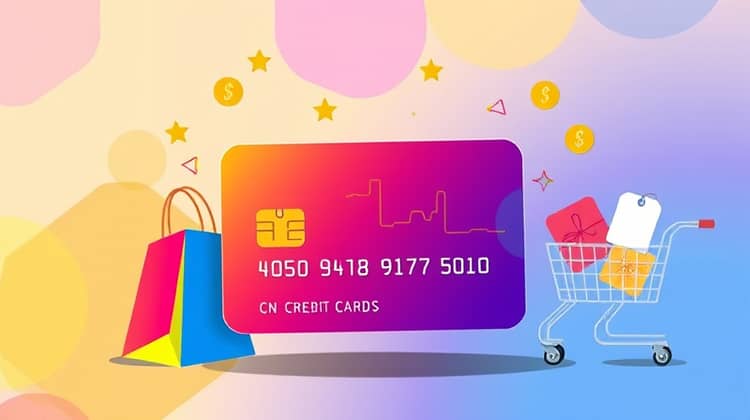
A credit card is a plastic card issued by banks or financial institutions that allows users to borrow funds to pay for goods and services at merchants that accept cards. Unlike personal loans, credit cards come with a credit limit, which is the maximum amount you can borrow on the card at any given time.
Credit cards can be used for everyday purchases, and they generally offer the ability to pay off the balance over time. However, failing to pay off the full balance can lead to high-interest charges, making them a costly option if not managed properly.
- Revolving credit line
- Flexible payment options
- Potential rewards programs
- High-interest rates if balances aren't paid in full
- Immediate access to funds
Credit cards can be beneficial for building credit history and earning rewards, but they require discipline to avoid accumulating debt due to their higher interest rates.
Pros and Cons of Personal Loans
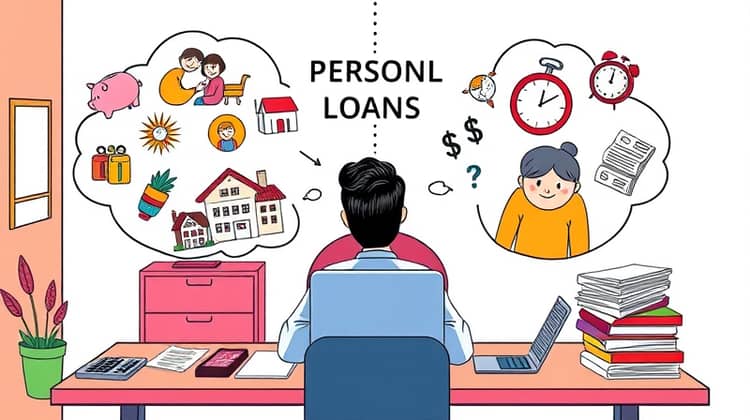
Personal loans come with a variety of benefits, particularly when it comes to borrowing for significant expenses. One of the main advantages is the fixed monthly payment, which takes the guesswork out of budgeting. Additionally, personal loans can help consolidate high-interest debts into one loan with a potentially lower interest rate, making it easier to manage repayments.
However, personal loans do have downsides. Depending on your credit score and income, you may face higher interest rates or may not qualify for a loan at all. Moreover, the process for securing a personal loan can be lengthy and requires thorough documentation, which some may find cumbersome.
- Fixed repayment terms make budgeting easier
- Lower interest rates compared to credit cards
- Can help consolidate higher-interest debt
- Predictability in payment amount and duration
- Builds positive credit history if paid on time
Ultimately, while personal loans offer many benefits, they also require responsible borrowing and repayment practices to be advantageous.
Pros and Cons of Credit Cards
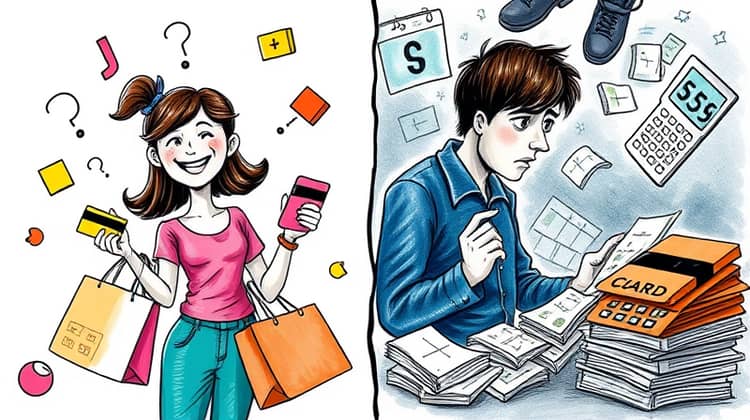
Credit cards present certain advantages chiefly due to their flexibility. They allow consumers to make purchases and pay off their balances over time, which can be convenient for managing cash flow. Many credit cards also come with rewards programs, cash-back deals, and other perks that can make spending worthwhile.
On the flip side, the risks associated with credit cards include the potential for accumulating debt due to high interest rates if balances are not paid off promptly. This can quickly spiral out of control for those who are not diligent in their repayment practices.
- Flexibility in payment
- Rewards programs and cash-back offers
- Convenient for everyday purchases
- Helps build credit score if managed well
- Easy to access funds through a credit limit
In summary, while credit cards offer convenience and benefits, they also pose risks related to debt accumulation and financial discipline.
Personal Loan or Credit Card: Which Should I Use?

The choice between a personal loan and a credit card ultimately depends on the nature of your financial needs. If you require a larger sum for a specific purpose and prefer predictable monthly payments, a personal loan may be the more suitable option. However, if you need flexibility and are confident in your ability to manage monthly repayments, a credit card might be the better choice.
- For large expenses, consider a personal loan
- If you plan to make manageable purchases, use a credit card
- Use personal loans to consolidate debts for lower interest
- Opt for credit cards if they offer rewards that suit your lifestyle
- Assess your financial discipline before choosing
Carefully evaluating your financial situation and understanding your borrowing habits can guide you in selecting the appropriate financial product. Both personal loans and credit cards have their own unique advantages and can be beneficial tools when used wisely in managing your finances.

